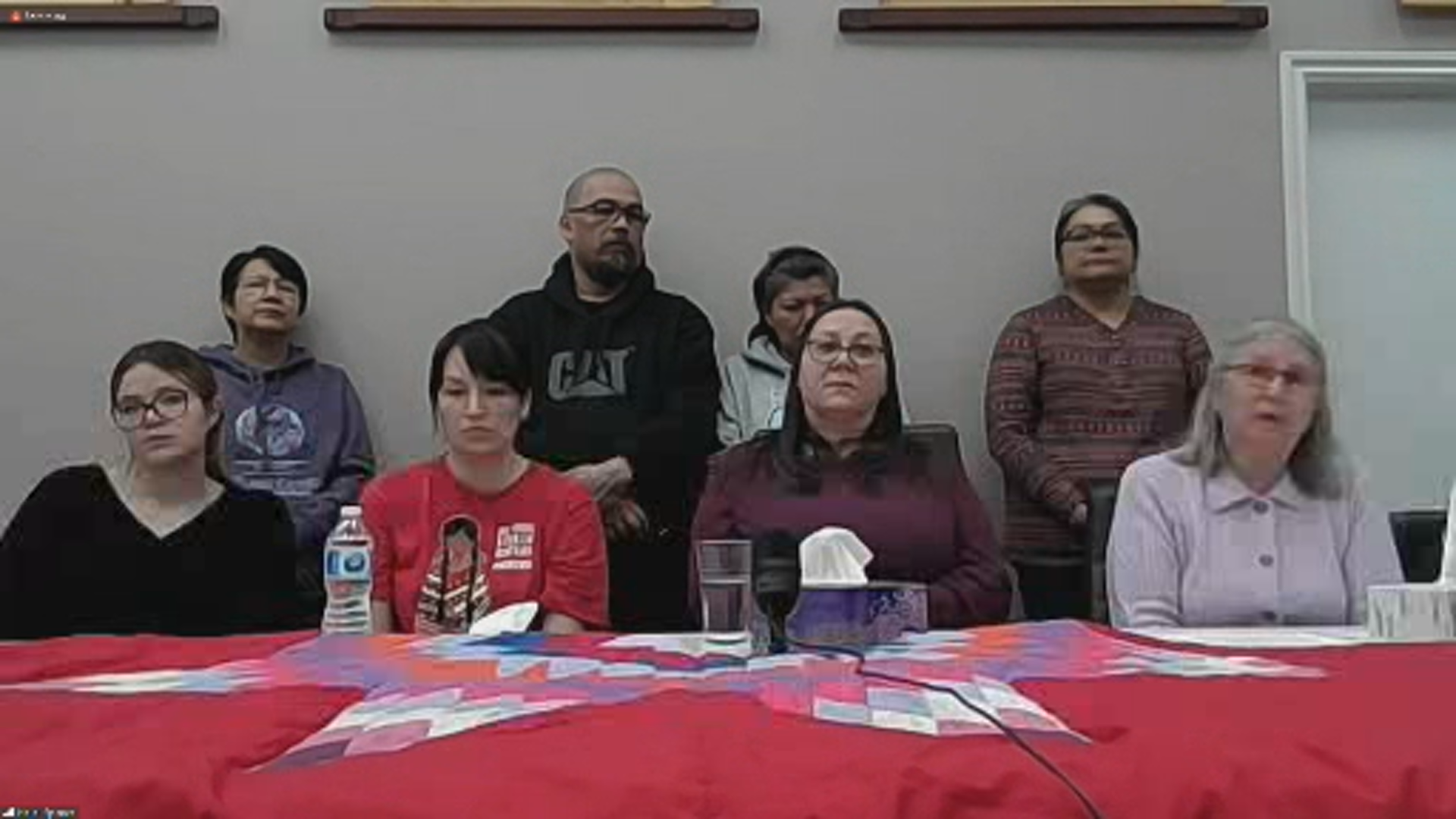A Northern Manitoba community in the midst of a crisis, according to its chief, is now declaring a state of emergency.

Chief Shirley Ducharme of O-Pipon-Na-Piwin Cree Nation, also known as South Indian Lake, says a string of recent deaths in the community, caused by addictions and mental health issues, is forcing them to make the declaration.
“We are dealing with emergencies and tragedy on a daily basis here it seems,” Ducharme said. “Our people are dying and as leadership, we have to do something. Today I am calling for help to get crisis supports to help our community heal,”

Get breaking National news
The community is still reeling from the death of Noreen Tait last month, who RCMP say was the victim of a homicide.
The chief has requested AMC to come up with a process to design, develop and implement a community action plan to address the immediate, medium and long-term needs of the community.
RELATED: Northern Sask. First Nation reinstating state of emergency
The MKO has also deployed its mobile crisis response team to help the community, which is working with families who have experienced trauma.
Ducharme has called on the federal and provincial governments for immediate supports.
A federal government spokesperson tells Global News, “Indigenous Services Canada is funding a number of supports to the community including two mental health therapists providing weekly counselling on a rotational basis from Monday to Friday.”
The chief also says that residents are waiting sometimes as long as six months to get treatment before an appointment is available in the community.








Comments